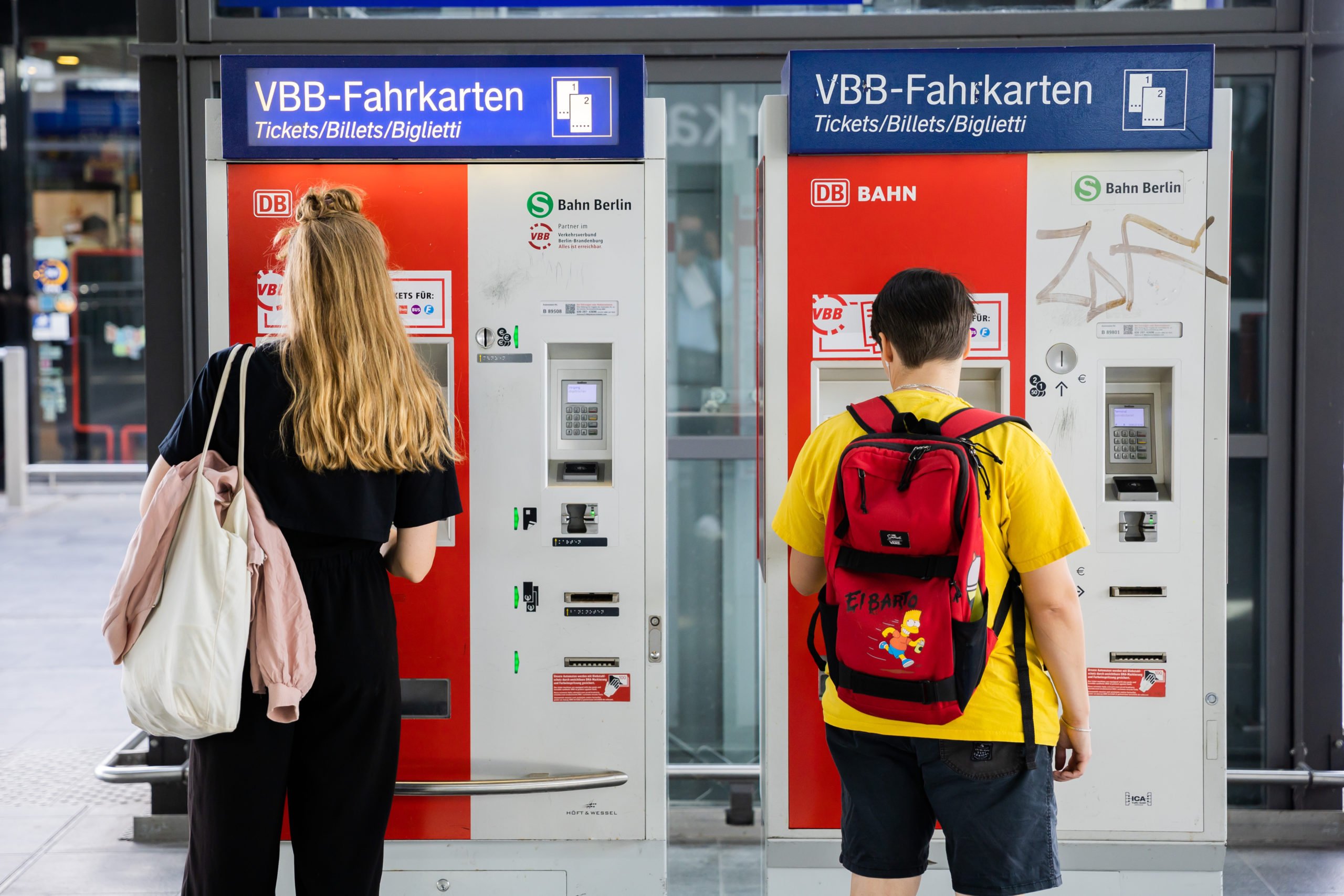The country may have not experienced a long stretch of summery weather, but periods of high temperatures punctuated by violent storms have made for an exciting few months.
And true to form, a low pressure system from France should make its way across the country on Thursday, bringing yet more hail showers, thunder and lightning.
By the afternoon this bad weather system is forecast to hit the eastern regions where it will keep raining into Thursday night – although showers will tail off, having cooled temperatures to between 11 and 17 degrees Celsius.
Friday is expected to be much calmer with just scattered clouds over most of the country – except for in the north where the coverage could be thicker.
Temperatures should be around 22 degrees on the Baltic coast but much warmer inland with highs of up to 30 degrees. The wind should remain gentle.
Moving into the nighttime, temperatures should sink to between 19 and 13 degrees Celsius and the whole country should remain dry.
Click here for The Local’s weather forecast
Summer should arrive on Saturday – and stick around for a few days – with blue skies and temperatures of up to 35 degrees Celsius in the south western states. The rest of the country should reach between 27 and 33 degrees except for the coastline where a sea breeze could keep top temperatures down to 23 degrees.
Those living in the country’s larger cities are in for a sticky night, as the DWD has predicted nocturnal temperatures of around 20 degrees. In more rural areas, it should be less oppressive.
Sunday should also be a scorcher, and quite possibly “the hottest day of the summer this year” a spokesman for the DWD told The Local, as temperatures across the whole country could reach between 30 and 35 degrees. In the southwest it could even get as hot as 37 degrees.
For people in Germany’s more mountainous regions though, this hot weather could mean a build up of storm clouds.
This weather should, the spokesman said, continue into next week with large parts of the country being lucky enough to have high temperatures and sunny weather.
The Local/jcw





 Please whitelist us to continue reading.
Please whitelist us to continue reading.
Member comments